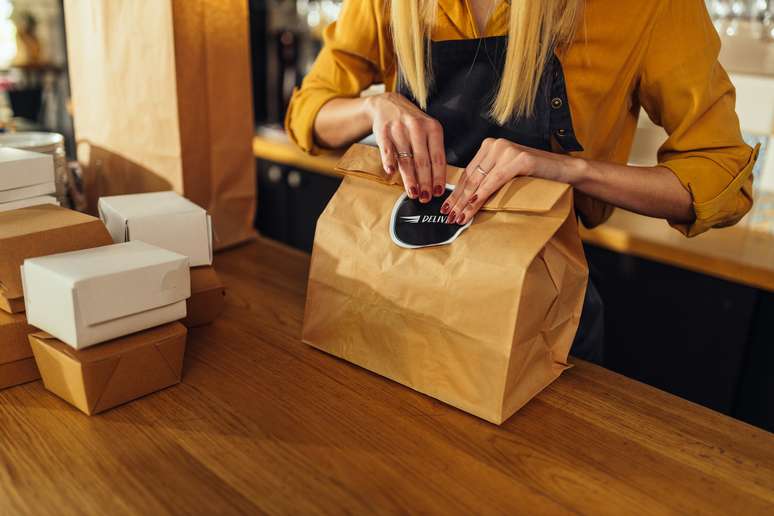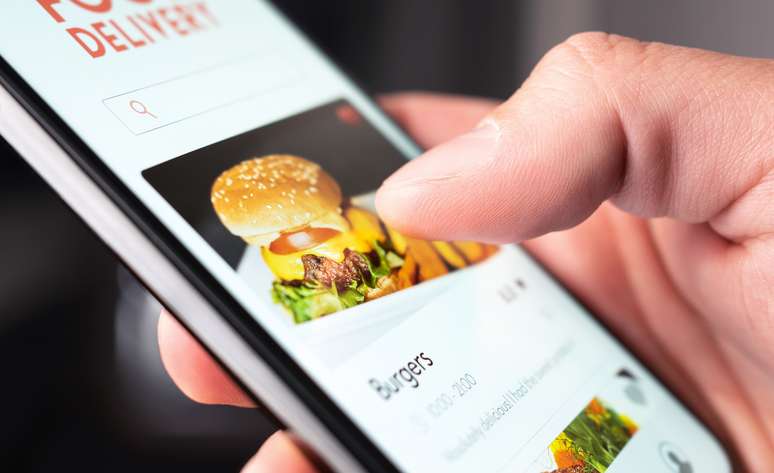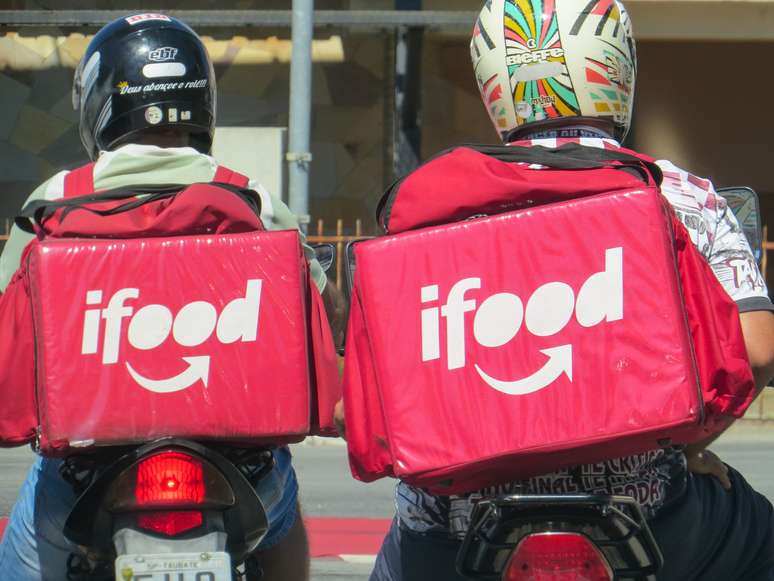Cade’s new rule on ifood is expected to increase options for consumers and also cut costs for restaurants
An agreement was signed between Cade (Economic Defense Administrative Council) and iFood earlier this month, which promises to increase competition among delivery apps and reduce costs for restaurants. But what the consumer really wants to know is whether the the final costs will get cheaper or cheaper.
The agreement provides for the prohibition of iFood exclusivity contracts with large restaurant chains, this will increase competition with other delivery apps, which can do this bring prices down.
html[data-range=”xlarge”] figure image img.img-c2254e933e994bc062c1c8c49a5bcefd8l6k0n0f { width: 774px; height: 581px; }HTML[data-range=”large”] figure image img.img-c2254e933e994bc062c1c8c49a5bcefd8l6k0n0f { width: 548px; height: 411px; }HTML[data-range=”small”] figure image img.img-c2254e933e994bc062c1c8c49a5bcefd8l6k0n0f, html[data-range=”medium”] figure image img.img-c2254e933e994bc062c1c8c49a5bcefd8l6k0n0f { width: 564px; height: 423px; }
Moreover, it will also allow iFood integration with management software used by restaurants, thus facilitating order management, which should reduce operating costs for restaurants. If costs are lower for restaurants, order prices should also decrease for the final consumer, even more considering that competition must be greater.
According to Abrasel (Brazilian Association of Bars and Restaurants), this lack of standardization between delivery apps and restaurants generates a supplement for establishments of about 15%. The new rule will facilitate the organization of customer data and order queues.
Restaurant changes
Abrasel is working on the development of a “Delivery open” – very similar to the Open Banking idea. This system will allow a more agile and simplified communication between delivery apps and restaurants. With access to iFood codes, a door opens to accelerate the development of this unique language for the industry.

These new rules and standards are also a opportunity to encourage companies to invest in the delivery sectorwhich should become more attractive to tech, financial and retail companies, for example.
The end of the exclusivity contracts between iFood and the large restaurant chains will also help the establishments to do so pay lower fees, as competition between apps will be greater. According to Abrasel, the rate applied by iFood is currently 30%. With these measures, it is also expected that there more space for small businesses enter delivery apps.
Consumer Changes
maybe the the numbers of delivery apps are increasing on the screen of your mobile phone, but you will also benefit from it. probably the in-app promotions will become much more frequent as a way to attract more customers, so your wallet will thank you too.

Therefore, combining this with the reduction in restaurant operating costs should generate good business for customers through apps. Like this, both iFood and other delivery apps should get cheaper.
Source: Terra
Ben Stock is a lifestyle journalist and author at Gossipify. He writes about topics such as health, wellness, travel, food and home decor. He provides practical advice and inspiration to improve well-being, keeps readers up to date with latest lifestyle news and trends, known for his engaging writing style, in-depth analysis and unique perspectives.





-qhia6ba319wh.png)


